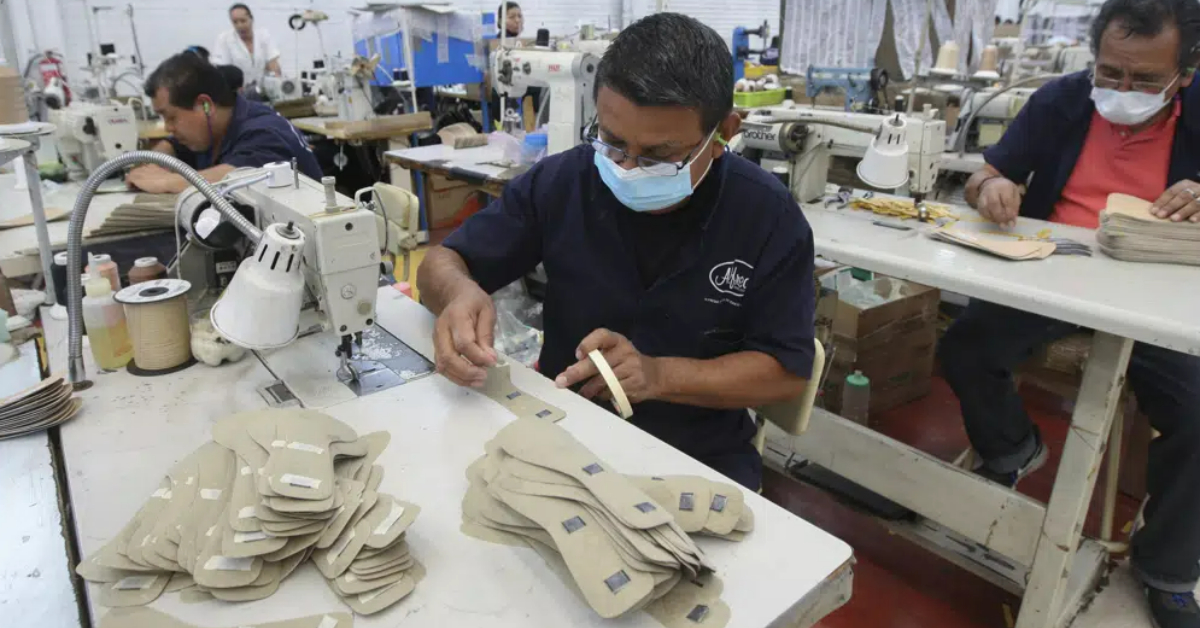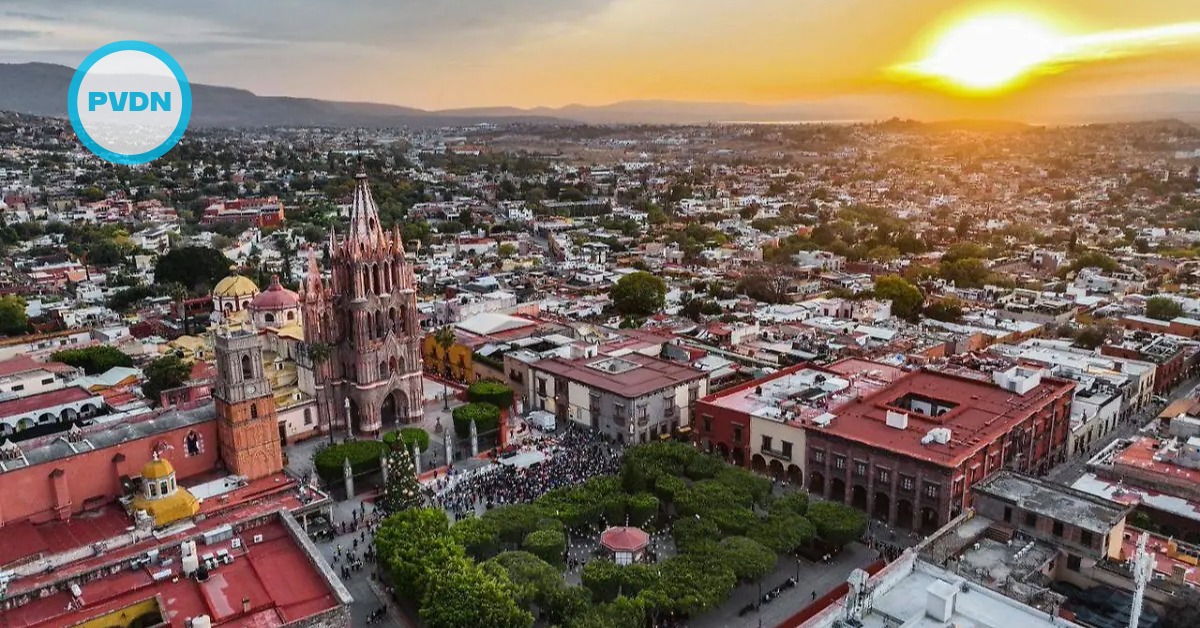MEXICO CITY (AP) — It has been nearly two years since the United States began pressing Mexico over labor rights violations by using rapid dispute resolution methods contained in the U.S.-Mexico Canada free trade agreement.
The administration of President Joe Biden has brought six such complaints and brags that, for the first time, someone is challenging Mexico’s anti-democratic, old-guard unions that have kept wages painfully low for decades.
But workers and union organizers are mixed on the results, saying it’s hard to build a real union movement overnight, and that . . .






